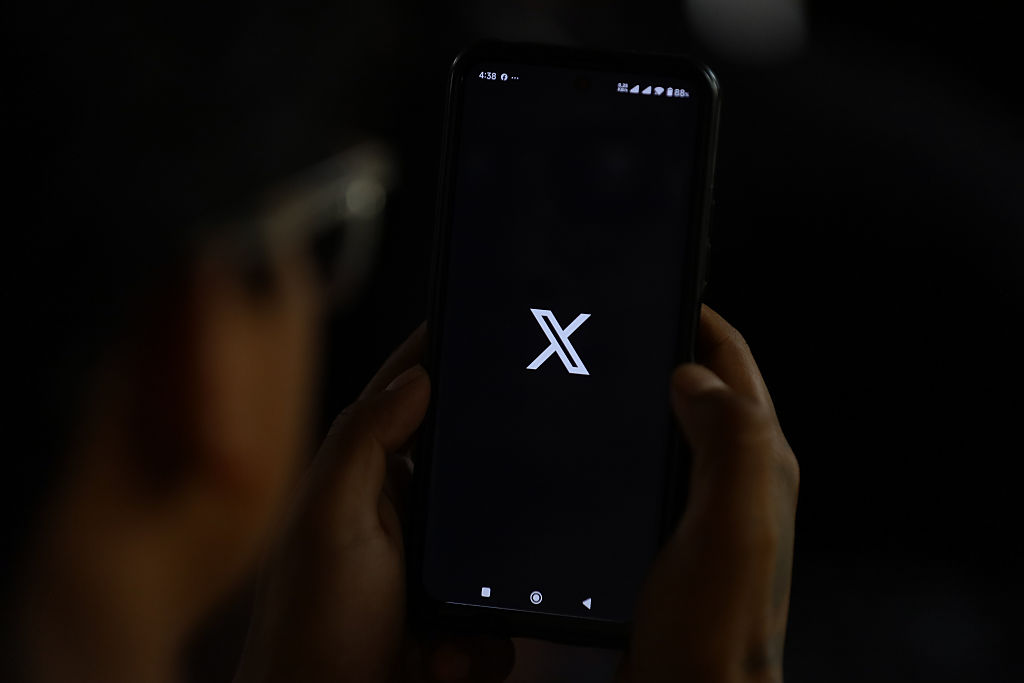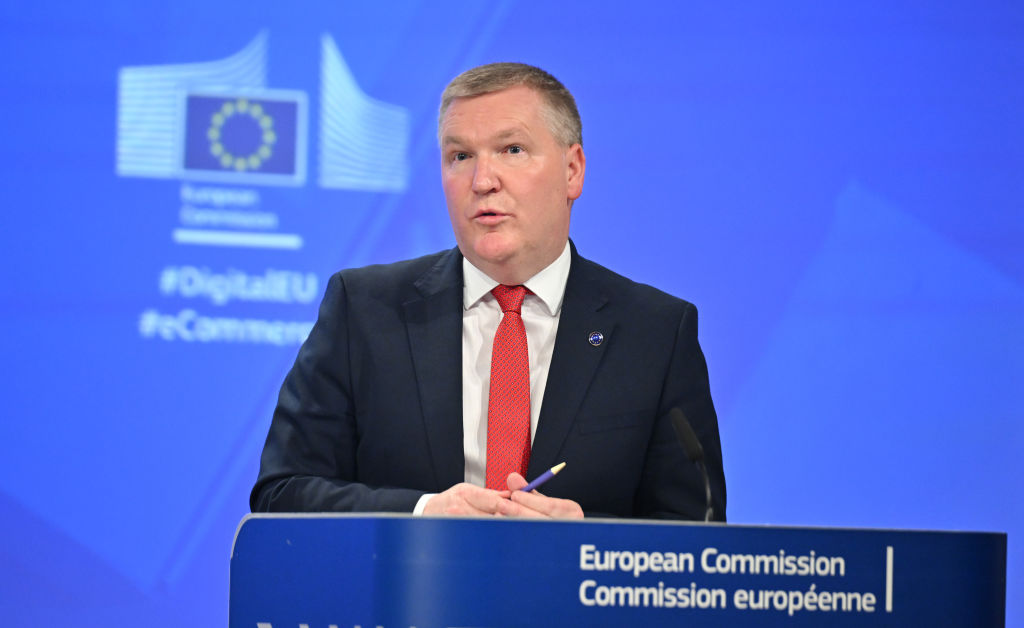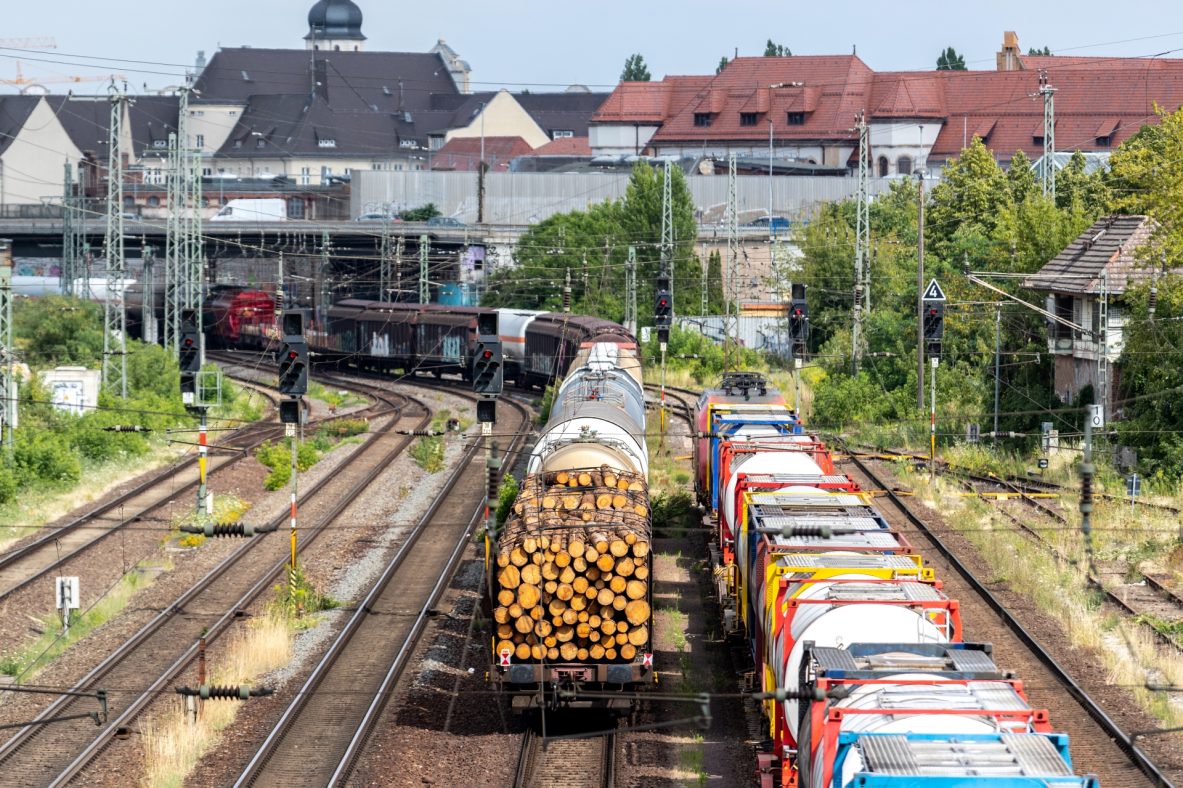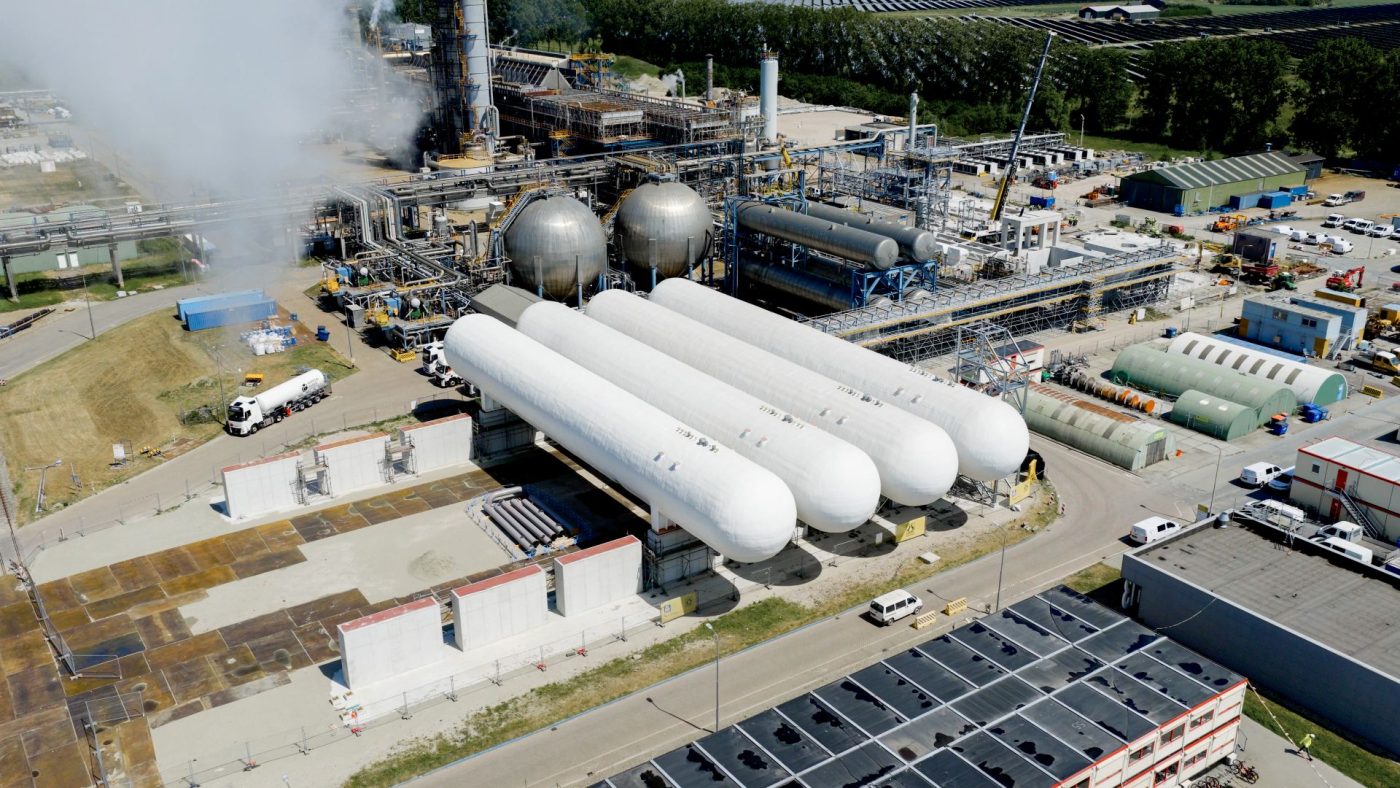Europe lacks muscle to compete – the Merger Guidelines review must fix this

Few words have been used as frequently in Brussels this year as “competitiveness”. The mission statement for the new Commission at the start of the year was to restore Europe to a leadership position on the global stage. Implicit in that is the acceptance that the continent has fallen behind other major economies and that reform is urgently needed.
This is particularly evident in the telecoms sector, which the Commission acknowledges does not function as a true Single Market. This leaves European mobile network operators unable to gain the scale that in turn will provide the long-term certainty required to source and make the significant ongoing investments needed to deliver reliable, super-fast and future-ready connectivity to the continent.
In Europe, there are more than 100 operators across the 27 Member States, each serving on average 5 million subscribers. By comparison, China’s three operators each serve roughly 450 million subscribers, while for American operators the number is 110 million.
And this scale matters. Almost two thirds of Europe’s connections remain 4G, far more than other advanced markets where 5G already dominates. Only 2% of Europeans currently connect to 5G standalone, compared to a quarter of Americans and more than 77% in China. These markets are leveraging their scale to invest at a level and pace far beyond operators in Europe, and are therefore more readily reaping the benefits and return on these investments.
This is before we even look at how important mobile connectivity has become. 84% of all internet connections last year took place over mobile. It is a key enabler of industry, security and innovation, and a failure to maintain and upgrade this infrastructure and keep pace with the world’s standard setters will continue to jeopardise the bloc’s resilience and growth.
Investment is key and the reality is that Europe is an unattractive proposition right now due to regulatory complexities and an inability to scale. This is why the proposed Review of the Merger Guidelines is so important not only for Europe’s telecoms sector but, by extension, its industry as a whole, underpinned as it is by digital connectivity. Indeed, President von der Leyen has accelerated this review, a reflection of how significant it is for Europe’s future.
To return Europe to a position where European markets are competitive and economically attractive with incentives to invest and innovate in the long run, the Merger framework – notably the Merger guidelines, Remedies notice and the Merger Regulation – must be overhauled.
In practice, what this means is the adoption of a more flexible, forward-looking, and future-proof approach to merger reviews. This should include moves away from such a focus on negative short-term effects, such as consumer pricing impacts, and towards the acknowledgement of the long-terms benefits, such as increased innovation, quality, resilience, security, choice and investment capacity. The assumption that mergers lead to higher prices and lower consumer welfare is outdated and overlooks the galvanising impact they can have at a time when Europe needs to play catch up with its global peers.
Recent GSMA research found that 85% of investment in the telecoms industry comes from operators themselves, a heavy financial expectation that is not reflective of the benefit and value derived from the use of networks by other players, most notably Big Tech.
This follows a decade where European operators have invested more than €500 billion, primarily in 5G deployment, which nevertheless lags other markets. Being able to scale up in national markets through consolidation will translate into an increased investment intensity, which will allow telecoms operators to deliver stronger and more enhanced networks that can support the digital ecosystem.
Only by functioning as a true Single Market will our telecoms sector find the full benefit of the economies of scale and long-term investment confidence that will allow it to compete more effectively. Ultimately, by creating the right conditions for scale – namely, merger rules that unlock investment, and support for operators to become tech-driven innovators powering AI, data, and smart industries – Europe can look to lead once again.
Laszlo Toth is the Head of Europe at the GSMA.









